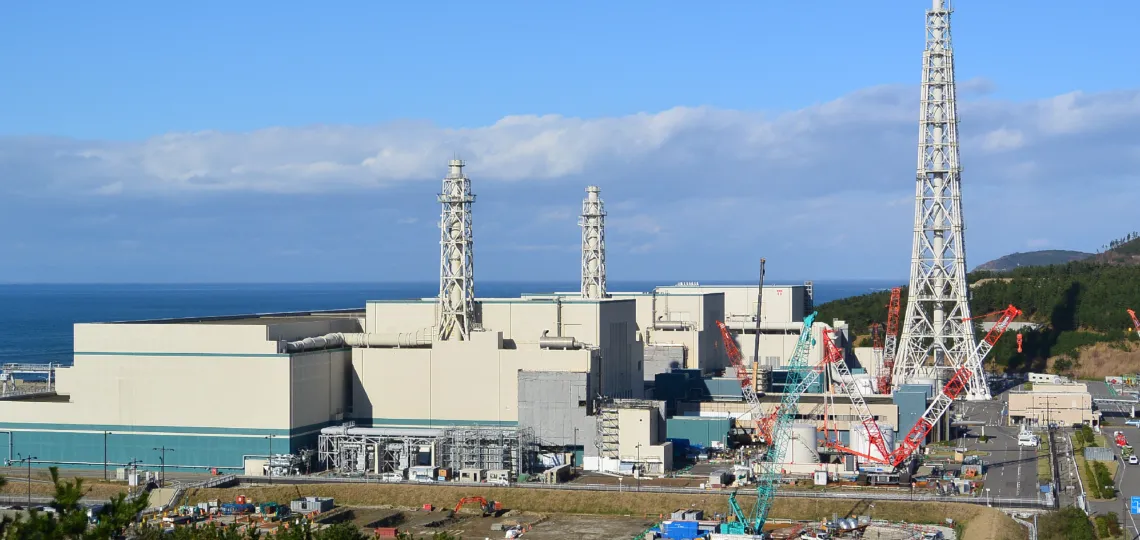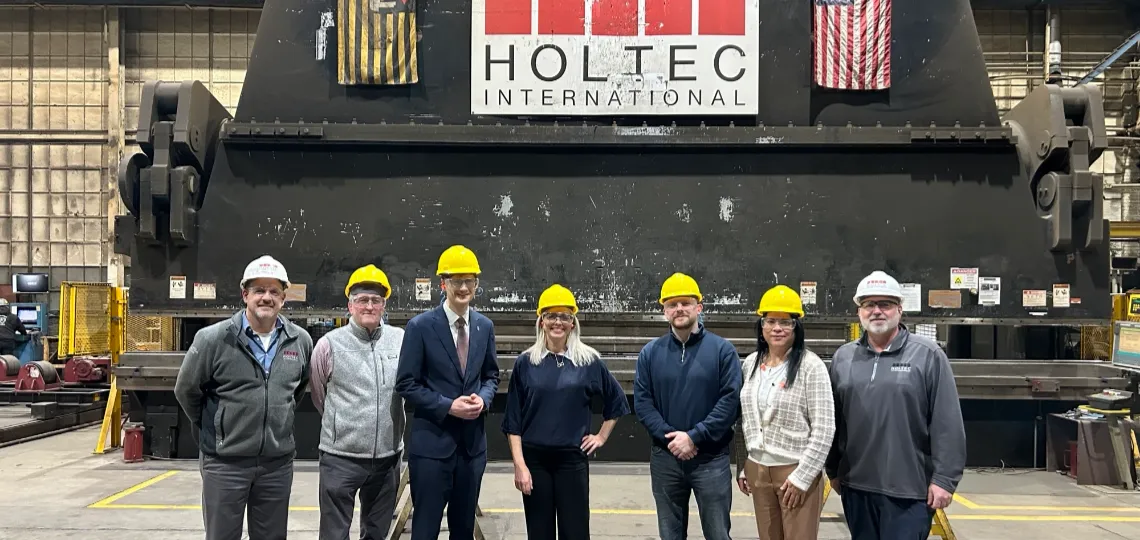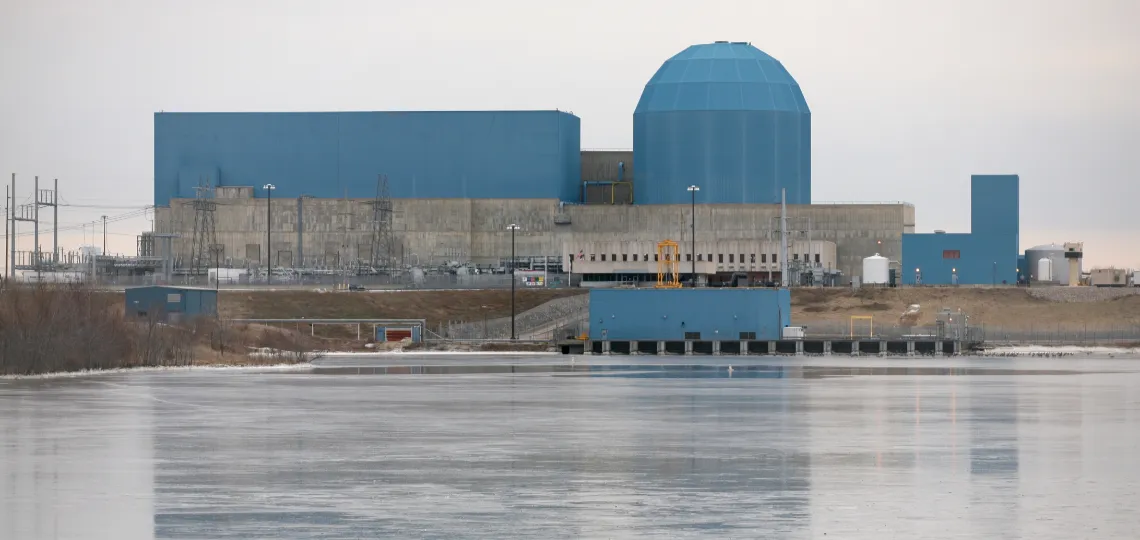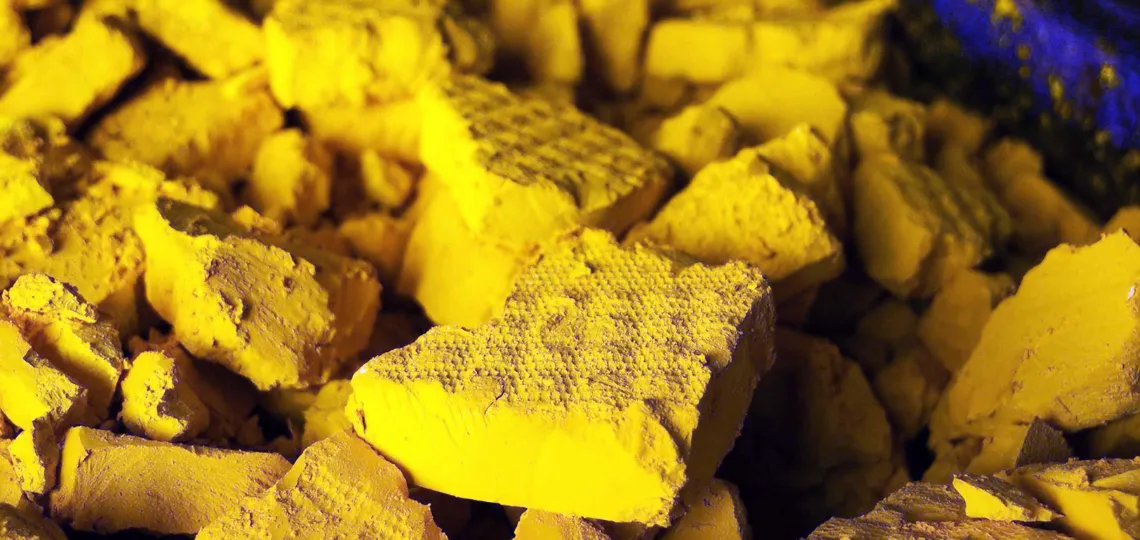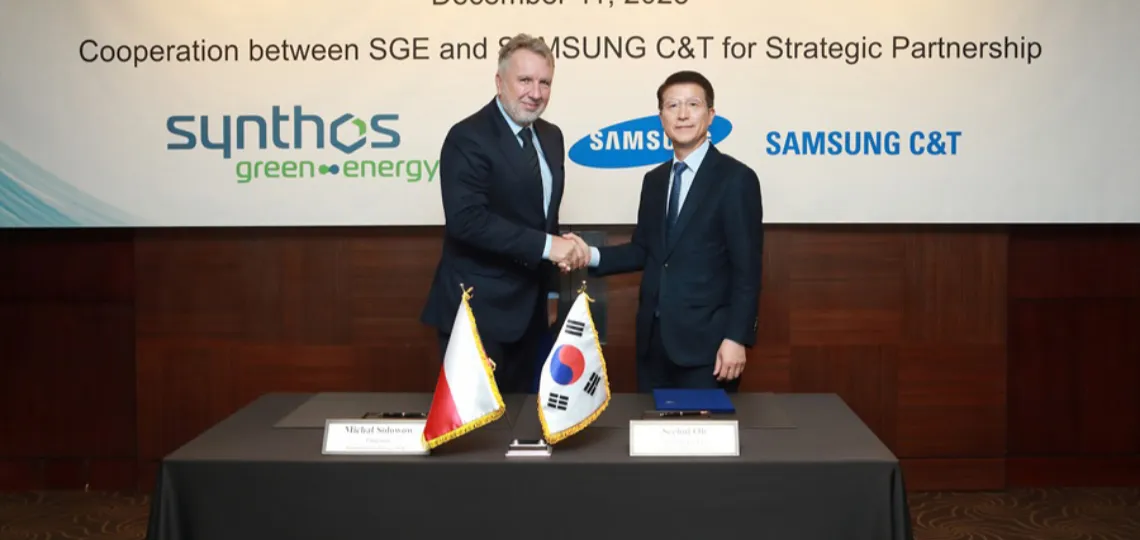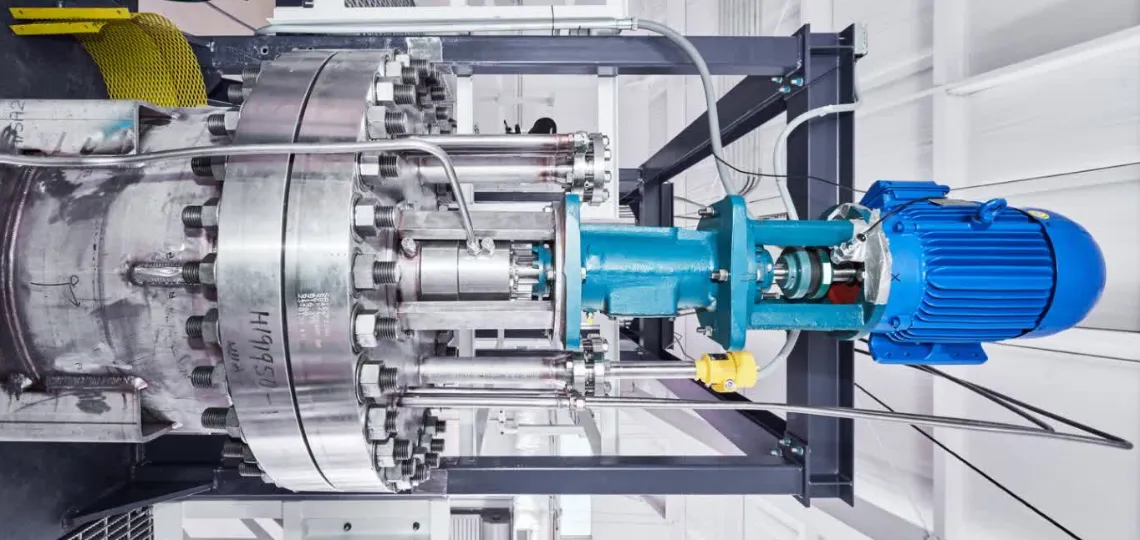A major supplier of uranium to the European Union, Niger is struggling to make a living from its ore, between low prices, reserves that are difficult to exploit and international operators who are sometimes considered too greedy.
« For several years now, the uranium industry worldwide has been characterized by a downward trend in prices, » lamented Niger’s Minister of Mines, Yacouba Hadizatou Ousseini, interviewed by AFP, citing in particular « environmental pressure » following the Fukushima disaster and the exploitation of « particularly rich deposits in Canada ».
In Niger, the gigantic Imouraren deposit, which was to produce 5,000 tonnes a year for 35 years, has been at a standstill since 2014, « in view of market conditions », as explained by the French group Orano, which was to operate it.
The former Areva recently scaled back its operations in this country, which supplies 20% of Europe’s uranium.
Last year, Cominak, one of the company’s subsidiaries which had been operating in the Arlit desert region since the 1970s, ceased operations after its resources were exhausted. And production at its second site, operated by its Somaïr subsidiary, has fallen, with 2,000 tonnes extracted in 2021, compared with 3,000 nine years earlier.
A death warrant for Niger’s uranium? Not necessarily.
After years of very low prices, prices are now beginning to rise, to $50 per pound of uranium, a far cry from the $110 of 2007, but up on the late 2010s.
« Prices are low in relation to production costs. Many mines have closed for this reason.
But today, the recovery is slow.
In the long term, there are major needs, particularly for power plants in Russia and China, » a French ore expert told AFP on condition of anonymity.
France is no longer alone
A prospect that is whetting appetites in Niger.
Chinese, Australian, American, British, Italian, Canadian, Indian and Russian companies have all obtained prospecting permits in recent years.
« Today, 31 uranium exploration licenses and 11 uranium mining titles are in force, » explains Niger’s Minister of Mines to AFP.
On November 5, the Canadian company Global Atomic Corporation fired its « first shot », symbolizing the start of uranium extraction at its site, some 100 km south of Arlit.
It promises to inject some 121 billion FCFA (184.4 million euros) into the construction of a mine in 2023.
« Uranium (…) is open to those who have the technological capacity to exploit it, » asserted Nigerien President Mohamed Bazoum at the end of 2021.
« There’s a future for Niger’s uranium, but not necessarily with France, » sums up the French expert.
Historically, Niger has benefited little from its rich subsoil. In 2020, its contribution to the national budget did not exceed 1.2%.
On several occasions, the subject has turned into a political and economic tug-of-war with the former French colonial power.
In 2007, President Mamadou Tandja demanded and obtained a 40% increase in Areva’s uranium purchase price.
His successor Mahamadou Issoufou, himself a former Areva employee, was outraged that his country, the world’s fourth-largest uranium producer, derived only « 5% of national budget revenue » from this mineral.
An agreement had been signed in 2014, after lengthy negotiations, providing for greater spinoffs for Niger via the construction of the giant Imouraren mine, still awaited.
« There is no win-win partnership: Niger has made no profit from uranium mining, » Ali Idrissa, coordinator of the Réseau nigérien des organisations pour la transparence et l’analyse budgétaire, a coalition of NGOs, told AFP.
Uranium « has brought us nothing but desolation (…) and all the benefits for France », agrees Tchiroma Aïssami Mamadou, a Niger expert who targets the quasi-monopoly position occupied for almost half a century by Orano, the former Areva.
« Since the creation of the mining companies in Niger, and until the end of 2021, the State of Niger has benefited from 85% of the direct economic spin-offs from the mining companies, made up of the mining royalty, all other taxes and duties, and dividends, » replies Orano, questioned by AFP.
The French company adds that it has invested tens of millions of euros « in projects to improve people’s health, children’s schooling, access to water and the economic development of communes in areas where mining sites are located ».





